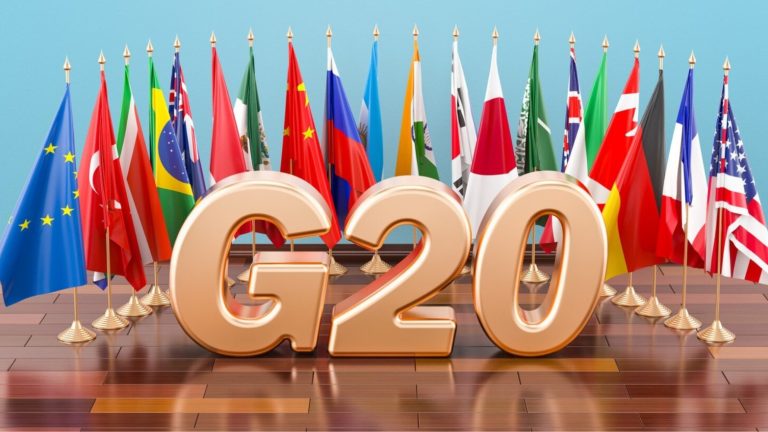As the preparations for the G20 Summit pick up, there is an increasing crescendo for different topics for inclusion in the Summit agenda. This is natural because the G20 is one of the major fora for articulating global causes, among other things. In the domain of “other things,” regional issues that have a global impact or are bound to have some significance are included. An illustration would help to clarify the point. Globally, countries have been classified into the 1st world, 2nd world, 3rd world categories. Interestingly, the 1st world countries are the European countries, which were probably the last to enter the community of established civilizations. The 2nd and the 3rd world countries are the more recognised ones. But they, while being referred to as 2nd and 3rd world,are some of the oldest civilisations in the world. Much of this is an outcome of anEuro-centric mind set and way of life. Events like the G20 summit being led by India, even if it is by rotation, provide an opportunity to impact its view. It could also help in mid course correction.
Over a period of time institutions and processes such as G20 or other international groupings have acquired a growing influence in formulation of a global approach.Taken in conjunction with the fact that the United Nations as an entity has consistently proved inadequate in reflecting the realities of the emerging new world culture, such opportunities as elaborate above acquire added significance.
Some concerns surface, one is the concern of “learning from the past.” This business of “learning from the past” is not just a slogan but an approach that becomes increasingly prominent with the passage of time in both big and small matters. The recent episodes of experiences in Joshi Math have shown this concern with dramatic potency. So many structures would not have collapsed with such dramatic suddenness if it hadn’t been for an excessive obsession with ‘modern building styles’ in a terrain that was better handled with conventional building styles and conventional building materials. One shall return to this concern a little later in the text.
The 2nd concern referred is the concern of recognising indigenous aspirations. The case of tribal communities is a tell-tale story. They have survived in different geographies of the world with tremendous tenacity and contribution. They have shown an economic strength, and capacity to renew oneself that is bewildering to many ‘modern’ strategists.
Many of the conventional tribes have been able to live in harmony with nature and be economically productive. Many other so-called ‘modern communities’ have not been nearly as successful, in perpetuating themselves or their values, as the conventional tribes. The ability of these tribal communities to harvest what is needed to live in positive relationship with their own needs and nature is something quite unique. So called modern civilization(s) are only beginning to learn how to live in since with nature.
It would thus appear that the two thoughts of learning from the past and indigenous aspirations/inspirations need to be flagged during this G20 summit.
In both cases, it is necessary to project the Indian example. This would come from taking an informed approach and projecting it with conviction.
In much of this, other communities around the world may also have something to say.
The net approach could be to showcase the achievement of traditional communities in havinga set of solutions to contemporary problems. The powers that be behind these organisational efforts need to reflect on these concerns to make the G20 summit a true success in international conferencing.
To sum up the above, international conferences are a reality only when they break ground, or cement some ongoing thought. Over a period of time, the number of international conferences has increased exponentially to the point where an international conference may come and go without anyone even noticing when it came and when it ended. The truth of the situation requires insight into the fundamental tenants of human growth and development. ‘Thought” is essential, and an opportunity comes to hand only with forethought and foresight. The G20 summit is one such experience which needs to be used to its full potential to project the uniqueness of India not just in a civilizational sense but also in an intellectual sense. India could well provide an illustration to the world inintellectual thought and preparing better for the future through the platform of G20.The indicators seem positive.

























Add comment